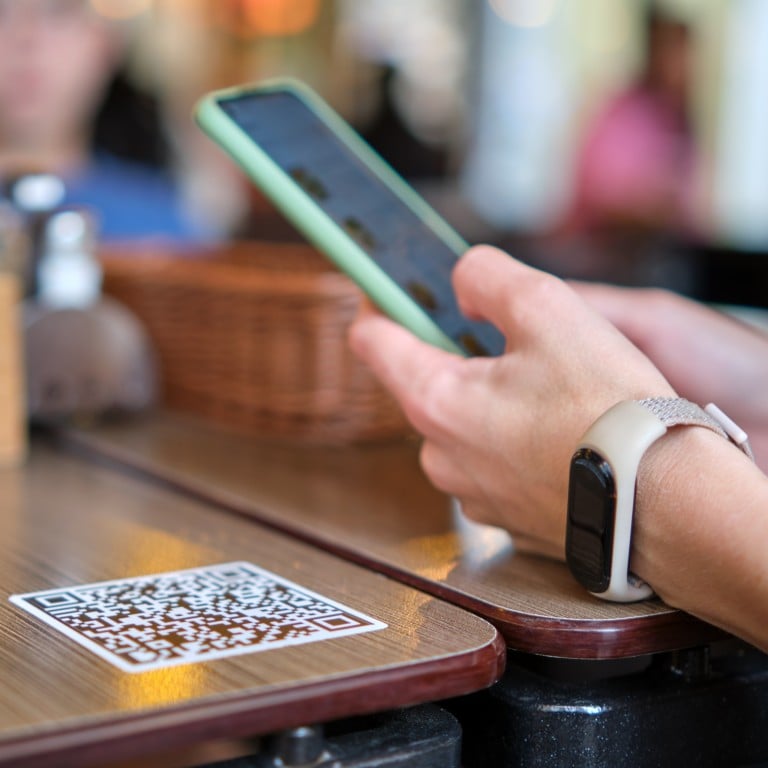
Beware the price you pay for convenience of digital services
- Recent breaches are another reminder that greater care needs to be exercised by those using data – and those providing it
The use of digital services brings much convenience but also involves surrendering some of our privacy. We willingly provide personal details when making an online purchase, using public services or ordering at a restaurant.
But this exposes us to the increasing risk that our data might be leaked, hacked or otherwise abused.
Hong Kong’s privacy watchdog revealed a 50 per cent surge in reports of data breaches last year, rising to 157 from 105 in 2022. Among them are 64 reports of hacking. It is a cause for concern.
The increase is, in part, likely to be because of efforts by the Office of the Privacy Commissioner to increase awareness of the problem.
But cyberattacks are on the rise worldwide and Hong Kong has seen a worrying spate of data breaches, including those involving phishing and ransomware.
‘More data security training needed amid wave of breaches in Hong Kong’
There have been leaks involving the Social Welfare Department, the Consumer Council, Cyberport, Hong Kong Ballet, Hong Kong Post and popular online market Carousell.
There is a lack of awareness among enterprises of the measures needed to protect their data. A study published in November revealed 73 per cent of companies surveyed had encountered cybersecurity attacks over the past year.
But their overall preparedness had declined and staff awareness remained low.
The privacy watchdog has launched a thematic website on data security with a self-assessment tool for enterprises to check on the sufficiency of their data security measures.
A data security hotline has also been put in place. But, as the watchdog acknowledges, much more needs to be done.
Enterprises must be fully aware of their responsibility to ensure the data they use is secure, to provide staff with adequate training, to review their systems regularly and to remove data when appropriate.
Greater public awareness is also needed. A report by the privacy watchdog on restaurants that allow customers to order food digitally, either through an app or QR code, raises concerns.
There was evidence that the apps were used for activity tracking and direct marketing while the watchdog warned QR codes might be tampered with, placing personal data at risk.
Consumers need to be more aware of the risks, checking on the personal data to be collected, limiting the information they provide and considering the permission they give for the use of their details. This is all too easy to forget when eager to order food.
The advance of digital technology has transformed our lives and made it much easier to access services. But this also makes it more likely that our personal information will be leaked, hacked and abused.
Greater care needs to be exercised by those using data – and those providing it.

